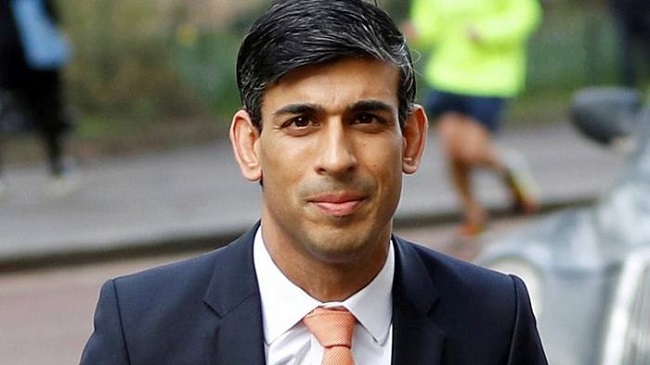Destined to be as critically important as the Stern Review on the Economics of Climate Change, The Economics of Biodiversity: The Dasgupta Review was commissioned by the UK Chancellor of the Exchequer, and was released on Tuesday, February 2, 2021.

The Dasgupta Review marks a major inflection point in global political economic discourse that puts forward a new economic paradigm in the same way that Adam Smith did in his time. The review calls for urgent and transformative change in how we think, act and measure economic success to protect and enhance our prosperity, and the natural world. As decision makers worldwide begin to rebuild economies in the wake of Covid-19, this Review should be a guide and catalyst for fundamental change.
Specifically, the Review calls for three transitions:
- Make sure our demands on nature are no greater than what it can supply, and increase nature’s supply by investing in conserving and restoring our natural assets.
- Include nature in our economic and financial decision-making and revise our measures of success to include changes in our natural assets in order to measure “inclusive wealth.”
- Transform our financial and education institutions to support the changes we need.
Enric Sala, Explorer in Residence, National Geographic, said: “The natural world makes human life possible, but for too long we’ve been told that economic growth prevails over nature. At a time of unprecedented environmental degradation and consequent human suffering, The Dasgupta Review puts the final nail in the coffin of that suicidal way of thinking.
“The Review is clear: if we are to prevent a global humanitarian catastrophe, we need to curb our excesses, reform our failed institutions at all levels, make the economy work for us and not the reverse, protect what wild is left, and restore much of our degraded lands and ocean.”
Henry Paulson, CEO Paulson Institute and Former US Secretary of the Treasury: “We face a biodiversity crisis that poses significant risks to our global economy and the health and well-being of humanity. As The Review makes clear, we cannot afford to continue with “business as usual.” Now is the time to build a coalition of governments and financial institutions to steer public and private capital away from activities that harm our natural world to those that encourage and incentivise the protection and restoration of biodiversity and ecosystems of the planet.”
Christiana Figueres, Former Executive Secretary, UNFCCC; Founding Partner, Global Optimism; and member of Campaign for Nature’s Global Steering Committee: “Congratulations to Professor Dasgupta and his team for this essential Review. And kudos to the U.K. Treasury for commissioning it. It is a compelling example of the leadership we need from government and the world’s leading experts on how to address the interrelated crises of Nature and climate.
“The Review makes it clear that it is less costly to conserve Nature than to restore it once it’s damaged or degraded and provides the economic rationale for expanding and improving the management of protected areas. We can translate this idea into action by protecting 30% of the planet by 2030.
“The Review lays the foundation for how to address the twin crises of biodiversity and climate. We all must take these ideas and turn them into action – now!”
Russ Feingold, Former US Senator, former Special Envoy to Great Lakes Region of Africa, and Ambassador for the Campaign for Nature: “The Review should be read by everyone making decisions that impact Nature – not just “environmentalists” but also leaders in government and business, investors and consumers whose decisions impact the natural world that we are part of – namely, all of us.
“The Review gives new meaning to the old saying that “you get what you measure.” We need to include Nature in how we measure our economic development and our wealth. The idea that we need to measure Nature will be new to many and actually doing it will be hard. But not including Nature in our economic measurements has brought us to the biodiversity and climate crises we have today. We have no choice but to change how we measure economic progress.”
Brian O’Donnell, Director, Campaign for Nature: “The idea that we are part of Nature and that natural capital is an asset that needs to be sustainably managed will come as no surprise to Indigenous communities who have valued Nature through the ages. But, for those who have embraced economic systems based on limitless growth it requires a fundamental re-thinking of how “progress’ is valued and measured.
“The Review is the most comprehensive economic case for a new path forward ever compiled. Now that we have entered a climate and ecological emergency, it is urgent that we update our economic systems at all levels to fully include nature.”
The Dasgupta Review follows an emerging trend in economic ideas from donut economics to the circular economy. It starts by saying we are part of nature and we must fully put nature into our economic systems. The Review makes the case for natural capital as an economic asset and biodiversity loss as an asset management problem, arguing that biodiversity provides a portfolio of assets, and the diversity of those assets reduces risk and increases resilience and adaptability.
